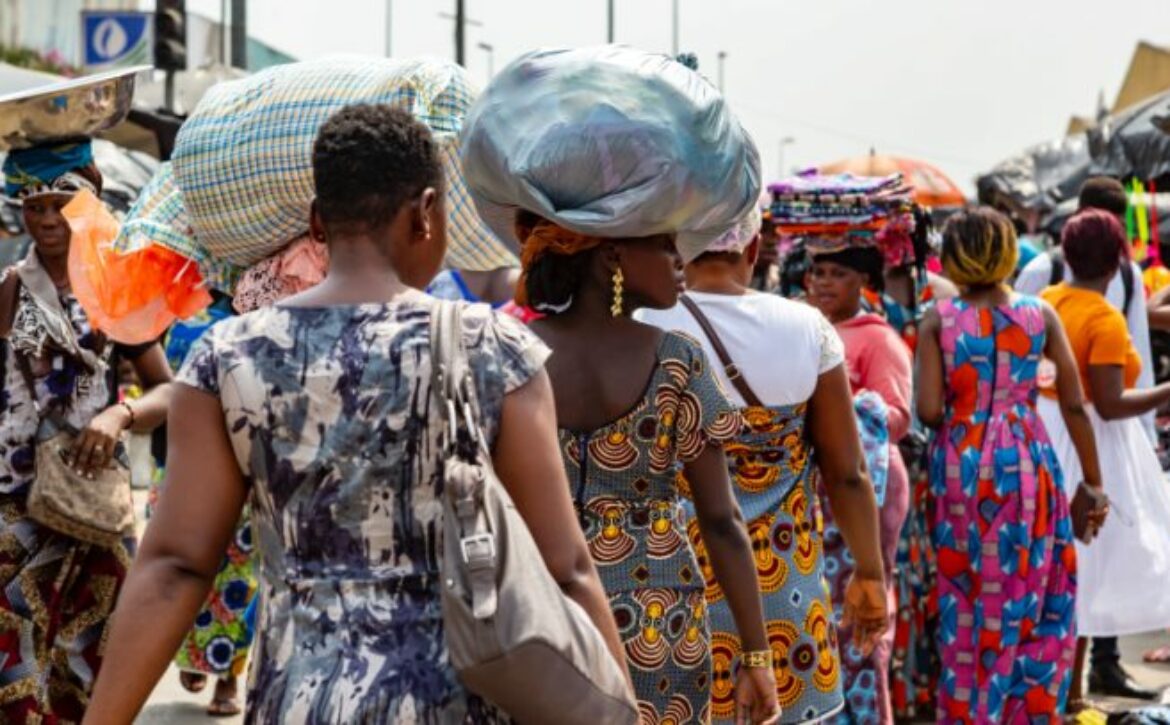Informal Cross Border Trade in Southern Africa and how the Sector will Recover

In the third instalment of Society Talks, the conversation centered on the impact that COVID-19 has had on the small-scale cross border trade. Panelists included Regina Kanyimbiri of the Malawi Cross Border Traders Association, Jacob Makambwe of the Southern Africa Cross Border Traders Association (Zambia), Dr Talkmore Chidede of the Trade Law Centre, and Augustine Tawanda of the Zimbabwe Cross Border Traders Association; hosted by Christabel Phiri, Programme Manager at Southern Africa Trust.
With the closing of borders, citizens from neighboring countries who engage in small-scale cross border trade have been negatively affected, both in terms of the economy and employment, poverty alleviation, food security and the support of vulnerable people.
Talkmore opened the discussion saying that while he recognizes the necessary and valid measures that governments have put in place to avoid the spread of the coronavirus, they have had a negative effect on the export and import of goods and services across borders, specifically the informal cross border traders. This includes a massive loss of employment and increased poverty across the continent, due to the restrictions of movement of anything other than essential items.
Jacob spoke of the impact on Zambian women who cannot cross into bordering countries: Malawi, Zimbabwe, DRC. He also mentioned that the access to personal protective equipment, like masks and hand sanitizer, has been difficult due to limited capital of traders and their remoteness. He spoke on a recent instance of DRC traders overcoming the border security to enter Zambia, out of desperation to access the commodities they cannot get in DRC. Jacob also spoke on the Zambian relief fund established to support SMEs and how their Cross-Border Trade Association was advocating for small-scale traders to receive some of this bale out money.
Looking at interventions that are needed, Talkmore spoke of the need for governments not to restrict trade of cross border traders during the pandemic. He also mentioned the need of access to financial support and non-financial support to be provided by the government, like simplified trade regimes, that are entrenched in legal binding instruments (to make it easier for other regions to adopt and enforce). Talkmore spoke of a need to digitize many of the border processes, to speed up the process of distributing essential food across borders.
Augustine spoke of how the Association in Zimbabwe has split their issues into social and enterprise-related efforts, engaging with the government on the post-COVID recovery. Focusing more on the enterprise side, they have advocated on how they can resuscitate the livelihood of CBTs with various interventions: 1 – a review of the restriction of movement; 2 – there needs to be a strong database; 3 – the capital base of traders has been decimated, so they need a strategy that can provide capital to them (revolving funds).
Regina shared Malawi’s issues, starting with the travel restrictions and the fact that so many of the suppliers have had to shut their doors. As with the other regions, small scale trade has been dramatically impacted, with many traders using their minimal capital for survival, rather than trade. Measures to be taken include funding allocated to small traders, to allow women to look at other trade opportunities during the pandemic.
Jacob spoke on Zambian’s responses for SMEs, and their coalition with other industries to approach the government with solutions. With no near end to the border closures, Jacob spoke of looking at solutions to cross border trade, one being the use of technology. He suggested bulk consignments and more communication between women traders, and the need for more formality, certainly in the processes. Also, of an appeal to government for countries to produce more of the traded items within their borders.
Talkmore reiterated on the need for government to re-evaluate their industrial policies to ensure they are producing enough to feed the country and possibly export, rather than relying on imports. Augustine supported the view on diversification for traders, as well as connectivity between traders. He also said that government is limited in their ability to help, because of the informality and lack of data around informal cross border trade.
A joint response is needed to support the informal cross border traders across the region, both in terms of cash transfers or bail outs, and the improving of systems and tracking, to provide the necessary information to build tangible solutions.
Click here to watch the full webinar **Please pardon the moments of bad connectivity in this webinar. **
=========================
Society Talks is a weekly public dialogue hosted by the Southern Africa Trust through a live stream on YouTube. The dialogue brings together stakeholders within the development and business community, civil society and the public to inform, engage and share experiences with the broader society.
Connect and participate every Wednesday at 16h00 Central Africa time (GMT +2).









